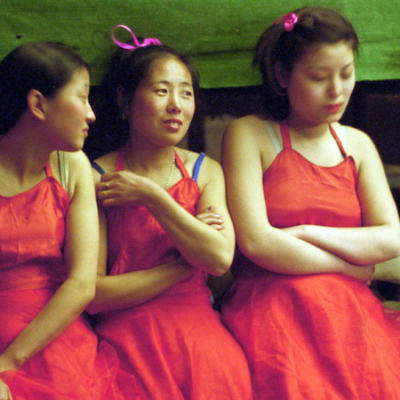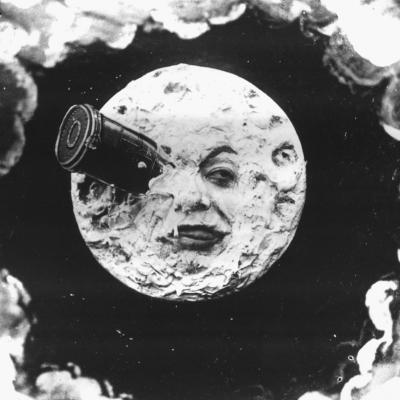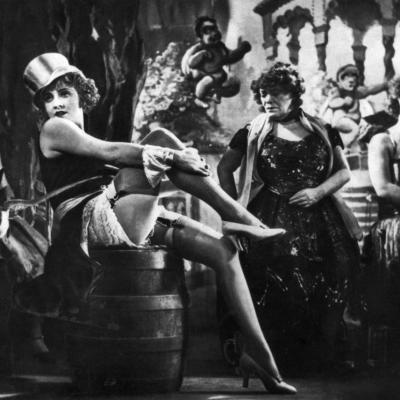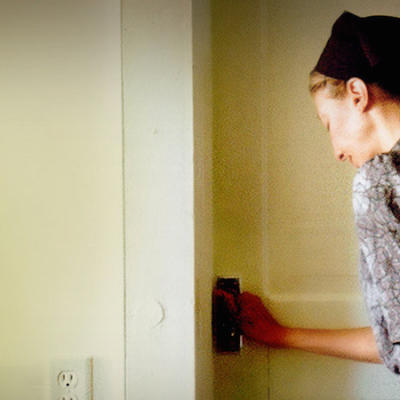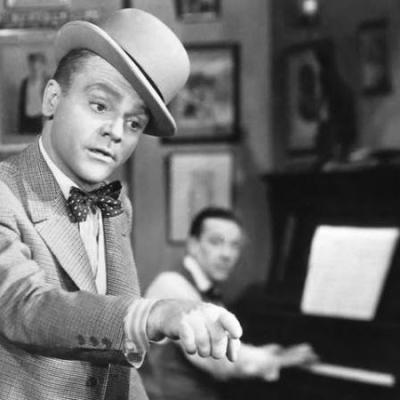You can’t be blamed if your conception of U.K. cinema is straight-laced period pieces, romantic comedies and silly Carry On farce, because all of those things are distinctly and wonderfully British. Some of the greatest films to come out of the U.K., however, are among the most slyly subversive and boldly original in the world. Here are five of the best films that offer a close and fascinating look at the British Isles as told by cinema.
Black Narcissus (1946)
Michael Powell and Emeric Pressburger are among the only British filmmakers whose consistency and reputation can hold up against American (or American-based) giants like Orson Welles or Billy Wilder. They are responsible for some of the best loved British films ever, including The Red Shoes (1948) and The Life and Death of Colonel Blimp (1943). Arguably their greatest achievement, however, is the tense and sensual Black Narcissus. With its stunning Technicolor cinematography capturing the physical and emotional vertigo experienced by a convent of nuns living high in the Himalayas, Black Narcissus is complex in its eroticism and sublime in its construction.
If… (1968)
Lindsay Anderson’s counter-culture classic takes on the ingrained and aggressive subordination of the British public school system. The frighteningly ambiguous If… is a distinctly English take on French New Wave style, investigating the sinister violence of control in the school hierarchy. This was the first film role for Malcolm McDowell (best known as Alex DeLarge in Stanley Kubrick’s A Clockwork Orange), and succeeded in winning the Palme d’Or at the 1969 Cannes Film Festival. Surreal, unnerving, darkly funny, and sometimes terrifying, If… informed many, many British films to come.
Distant Voices, Still Lives (1988)
The low-key but weighty Distant Voices, Still Lives is in fact two films, shot two years apart but utilising the same cast and characters. This is arguably director Terence Davies’ masterpiece, perfectly encapsulating his nostalgic, thoughtful, distant style. Distant Voices, Still Lives is a profoundly simple look at British working class life in the 1940s and 1950s that evokes a broad sense of time and place while still remaining intimate and personal. The beautiful soundtrack of traditional ballads and jazz hits of the time is almost worth the price of admission alone, and serves to make this the masterpiece that it is.
Trainspotting (1996)
Oscar-winning director Danny Boyle (Slumdog Millionaire, 127 Hours) had his first huge success with this adaptation of Scottish author Irvine Welsh’s idiosyncratic novel. The tale of desperation and addiction among a group of Edinburgh friends/fellow junkies stars Ewan McGregor fronting an impossibly good ensemble cast. Trainspotting has a soundtrack just as iconic as its loose, often uncomfortable narrative that is by turns both dreamy and nightmarish. Just like the murky brown substance that so often appears throughout it, Trainspotting will get under your skin.
Happy-Go-Lucky (2008)
As per its title, Happy-Go-Lucky is Mike Leigh’s lightest and breeziest film, which is actually quite remarkable given how little acquaintance his films often have with traditional narrative. Sally Hawkins is absolutely jaw-dropping as Poppy, to whose temperament the film’s title refers. She approaches everything in life with a smile and optimism, often to the annoyance and bemusement of those around her, particularly her lonely conspiracy theorist driving instructor Scott (Eddie Marsan, who steals every scene he’s in). Happy-Go-Lucky is so original because nothing ever really happens, but through a character like Poppy, Mike Leigh is saying some pretty pointed and important things about the way we live and relate to one another.
